The inside story of Indian Army's strike on militants in Myanmar
Wed 10 Jun 2015, 15:03:48
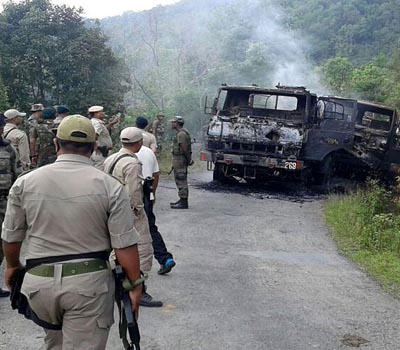
Jun 10, 2015 Manipur : Meticulous planning overseen by the National Security Advisor and army chief allowed Indian troops to pull off a daring raid against northeastern militant groups based within Myanmar.Acknowledgement that India’s special forces entered Myanmar for the strike – carried out in retaliation for a militant ambush that killed 18 soldiers in Manipur – came from minister of state Rajyavardhan Rathore, who said the troops had gone “deep” into the neighbouring country.Planning for the cross-border assault over the past few days was overseen by Indian Army chief Gen Dalbir Singh, who cancelled a visit to Britain, and National Security Advisor Ajit Doval, who decided against accompanying the Prime Minister on his trip to Bangladesh.Sources said once clearance for the raid was given by the highest level of the government, detailed plans were drawn up for the assault by troops of the elite 21 Para (Special Force) Regiment. The troops were inserted by ALH helicopters and provided aerial support by gunship helicopters of the Indian Air Force.Reports suggested 22 to 50 militants were killed when the special forces hit two militant camps. Several more were believed to have been injured. The Indian Army said in a statement that it had “inflicted significant casualties” among the militants.Will Indian Army's operation against militants in Myanmar serve as a warning to terror groups hiding in other countries?YesNoDon't know/ Can't say VoteView ResultsThe operation was driven by intelligence gathered about the militants who ambushed an army convoy in Manipur’s Chandel district on June 4 and killed the soldiers of the 6 Dogra Regiment.In late 2010, Indian and Myanmarese officials had decided during a meeting in Mizoram that Indian security forces could enter Myanmar to hunt terrorists after taking permission from Myanmarese authorities. At the time, an official told the media Myanmarese authorities had agreed to allow Indian forces to enter their territory after getting permission from the local army post commander.Officials at the Indian embassy kept Myanmarese officials in the loop but reports suggested operational details about the strike were not shared with many people.Though there was no official acknowledgement that the
Indian troops entered Myanmar, minister of state Rathore told The Indian Express that the operation was cleared by Prime Minister Narendra Modi and involved the crossing of the international border.“It was a much-needed decision that was taken by the Prime Minister. This decision was extremely bold in nature. And it involved our special forces crossing the border and going deep into another country,” said Rathore, a retired colonel of the army.The Indian troops had gone “deep enough for the terrorists to feel safe”, he added.Rathore said intelligence reports suggested “there were two camps preparing another strike on India” and these camps were geographically distant from each other. “Both camps were struck and were completely annihilated. The special forces returned without a single casualty,” he said.He said the raid was possible because of Modi’s visits to several countries where “India’s intention towards a friendly neighbourhood and commitment towards mutual development was made as evident as its zero tolerance towards terror”.“We will not tolerate any strikes on India or Indians. We’ll always wield the initiative on either being friendly or engaging in aggressive action. We will strike at a place and at a time of our choosing,” he said.Asked about the possibility of similar strikes on Pakistan-based terror groups, Rathore said, “This is a message for all countries, including Pakistan, and groups harbouring terror intent towards India. A terrorist is a terrorist and has no other identity. We will strike when we want to.”The Indian Army’s statement further said there was a “history of close cooperation between” the militaries of India and Myanmar. In April-May 1995, the two countries had carried out Operation Golden Bird, a joint campaign to intercept a group of NSCN, ULFA and Manipuri militants that was transporting a large consignment of weapons from Wyakaung beach on the Myanmar-Bangladesh coast to Mizoram.That operation resulted in the killing of 38 militants and the capture of 118 more and the seizure of more than 100 weapons and a huge quantity of ammunition.But the Myanmarese military ended its support for the joint operation when India awarded the Nehru Peace Prize to opposition leader Aung Sang Suu Kyi.
Indian troops entered Myanmar, minister of state Rathore told The Indian Express that the operation was cleared by Prime Minister Narendra Modi and involved the crossing of the international border.“It was a much-needed decision that was taken by the Prime Minister. This decision was extremely bold in nature. And it involved our special forces crossing the border and going deep into another country,” said Rathore, a retired colonel of the army.The Indian troops had gone “deep enough for the terrorists to feel safe”, he added.Rathore said intelligence reports suggested “there were two camps preparing another strike on India” and these camps were geographically distant from each other. “Both camps were struck and were completely annihilated. The special forces returned without a single casualty,” he said.He said the raid was possible because of Modi’s visits to several countries where “India’s intention towards a friendly neighbourhood and commitment towards mutual development was made as evident as its zero tolerance towards terror”.“We will not tolerate any strikes on India or Indians. We’ll always wield the initiative on either being friendly or engaging in aggressive action. We will strike at a place and at a time of our choosing,” he said.Asked about the possibility of similar strikes on Pakistan-based terror groups, Rathore said, “This is a message for all countries, including Pakistan, and groups harbouring terror intent towards India. A terrorist is a terrorist and has no other identity. We will strike when we want to.”The Indian Army’s statement further said there was a “history of close cooperation between” the militaries of India and Myanmar. In April-May 1995, the two countries had carried out Operation Golden Bird, a joint campaign to intercept a group of NSCN, ULFA and Manipuri militants that was transporting a large consignment of weapons from Wyakaung beach on the Myanmar-Bangladesh coast to Mizoram.That operation resulted in the killing of 38 militants and the capture of 118 more and the seizure of more than 100 weapons and a huge quantity of ammunition.But the Myanmarese military ended its support for the joint operation when India awarded the Nehru Peace Prize to opposition leader Aung Sang Suu Kyi.
No Comments For This Post, Be first to write a Comment.
Most viewed from Specials
Most viewed from World
AIMIM News
Latest Urdu News
Most Viewed
May 26, 2020
Is it right to exclude Bangladesh from the T20 World Cup?
Latest Videos View All
Like Us
Home
About Us
Advertise With Us
All Polls
Epaper Archives
Privacy Policy
Contact Us
Download Etemaad App
© 2026 Etemaad Daily News, All Rights Reserved.


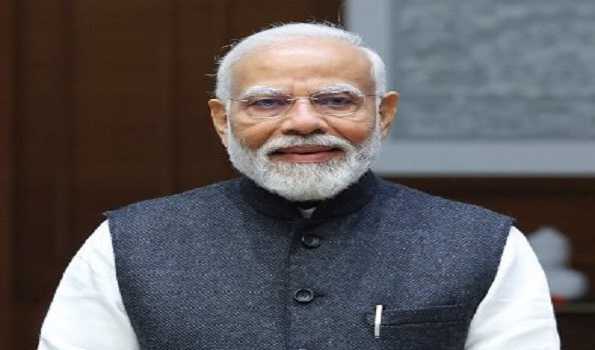
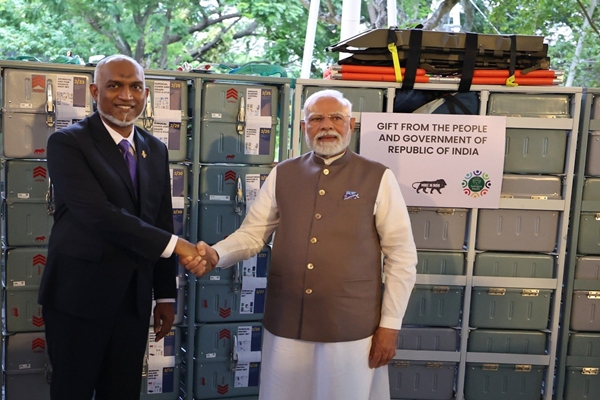
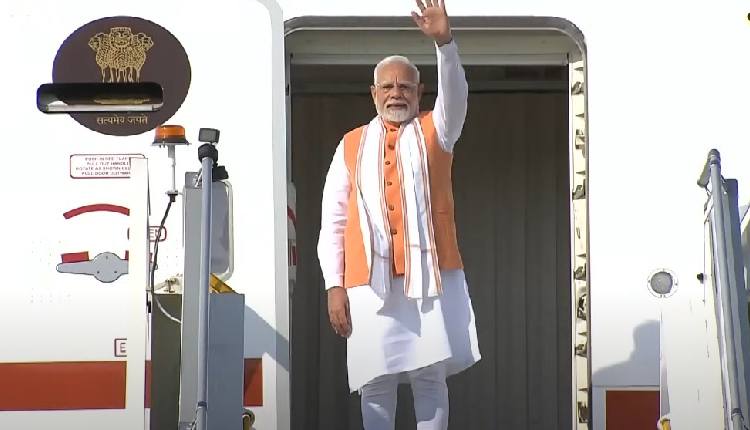
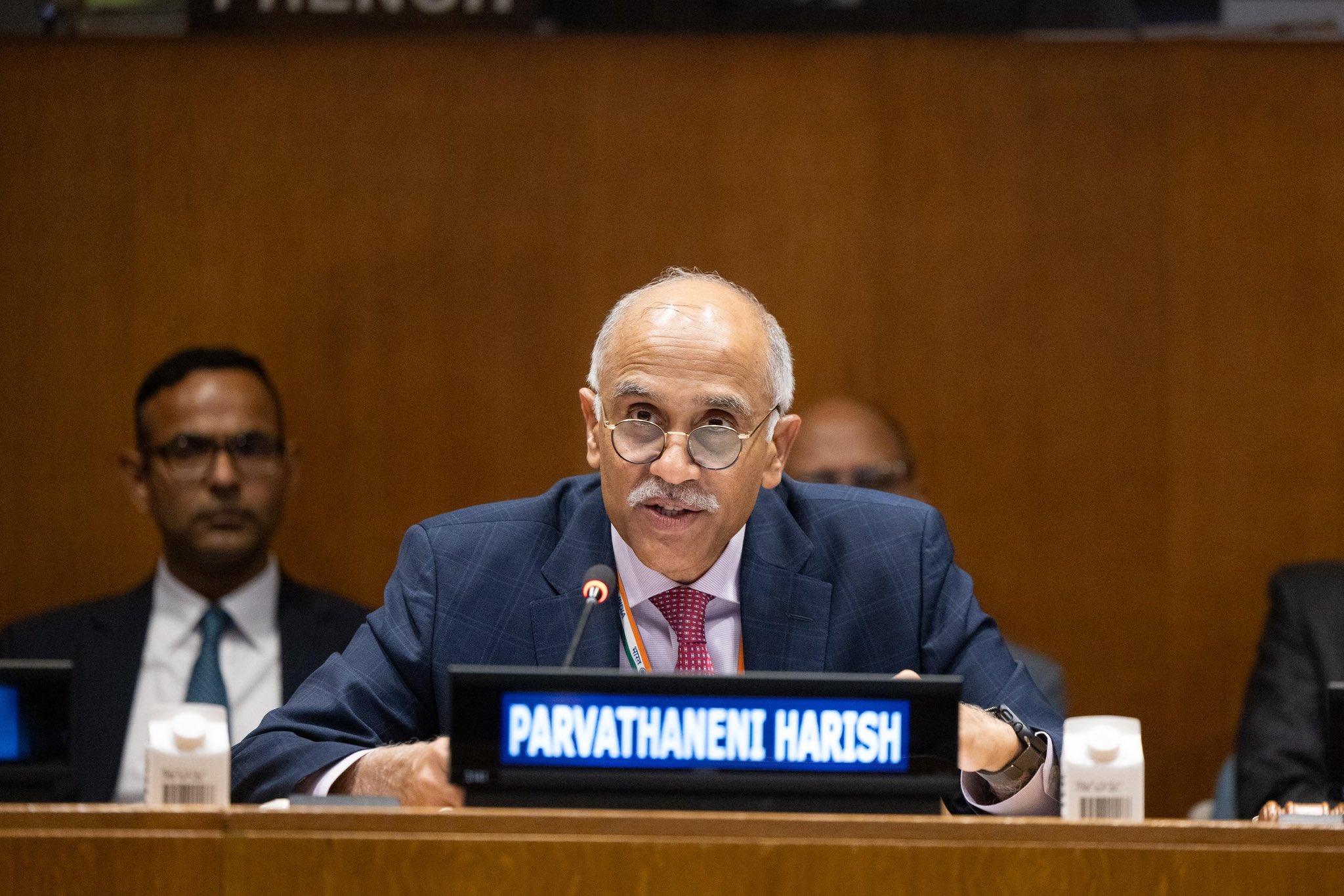
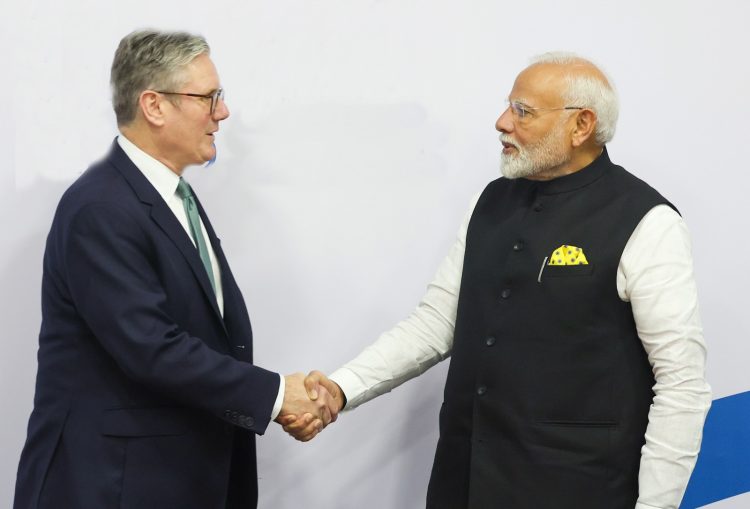
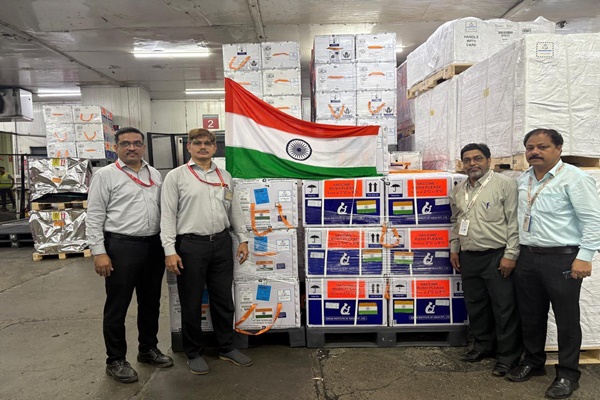
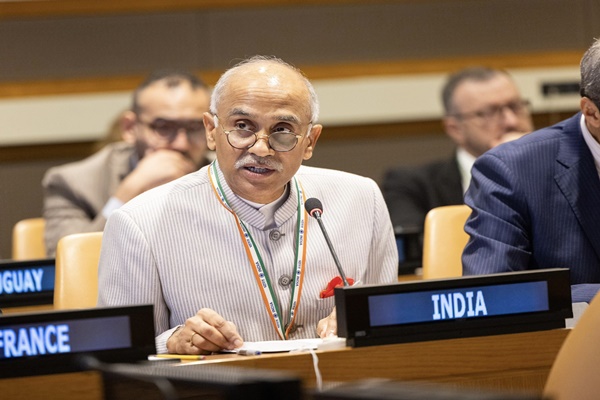
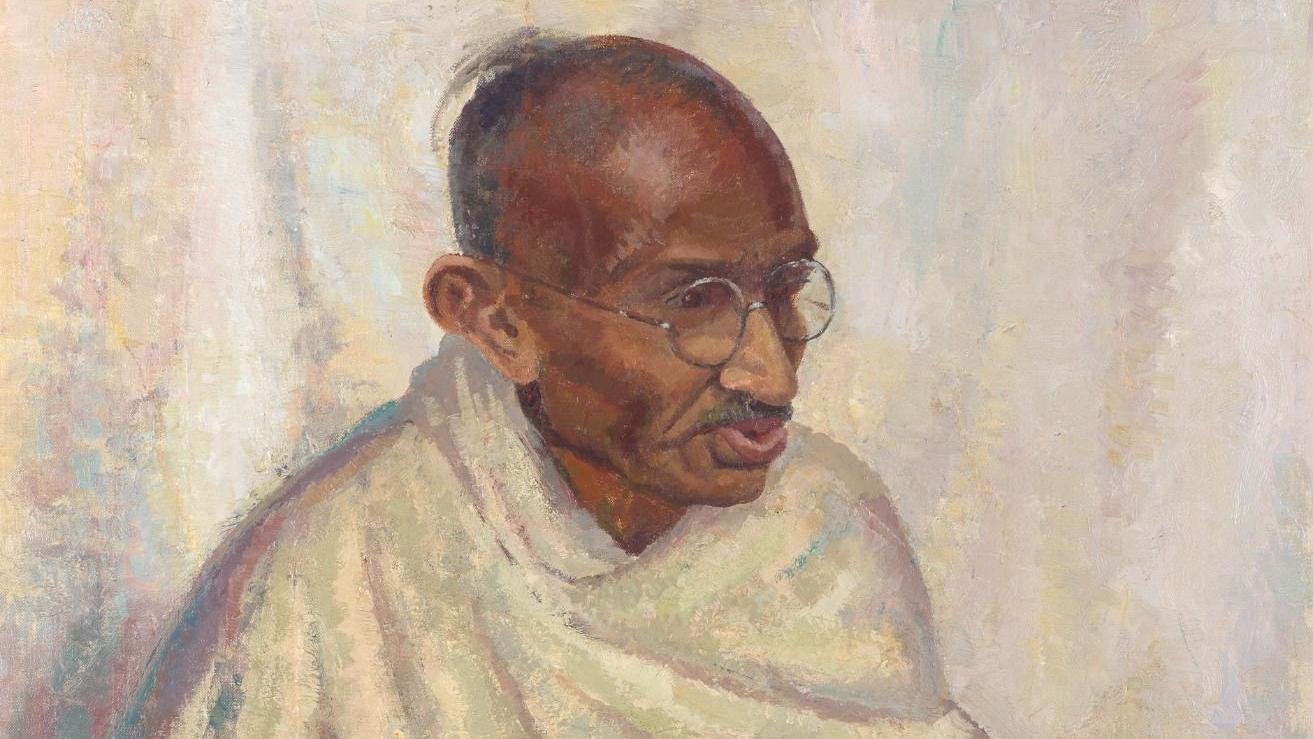
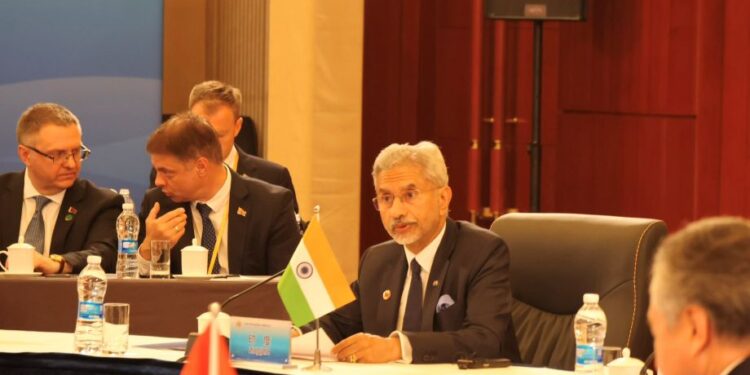
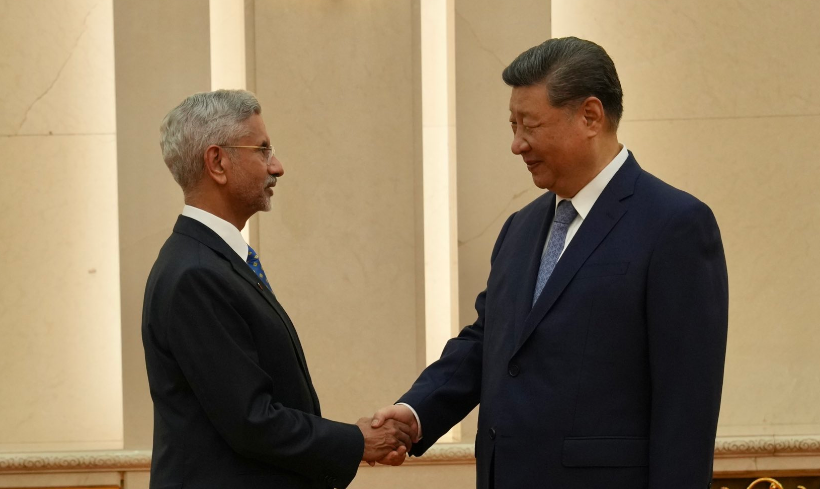
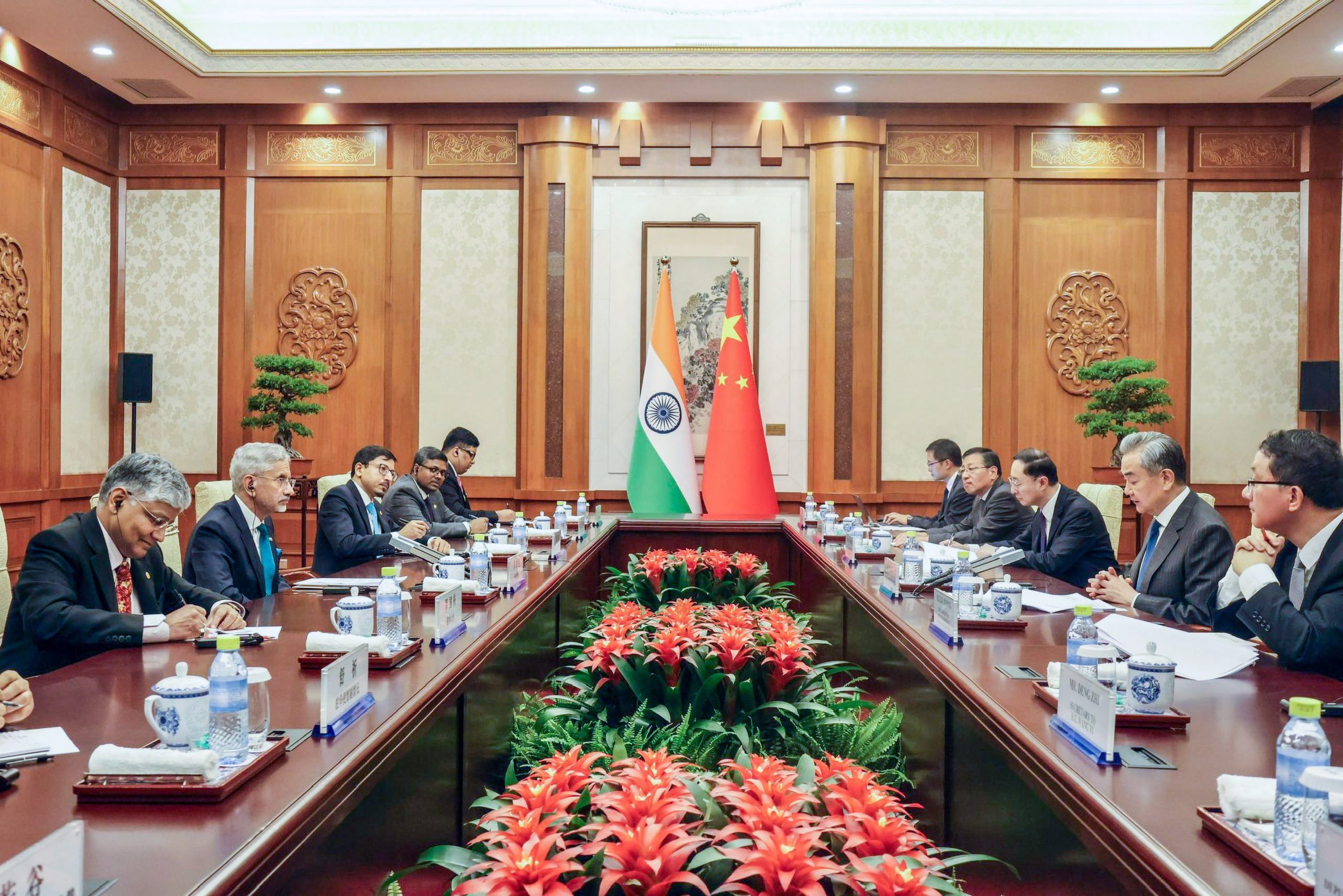
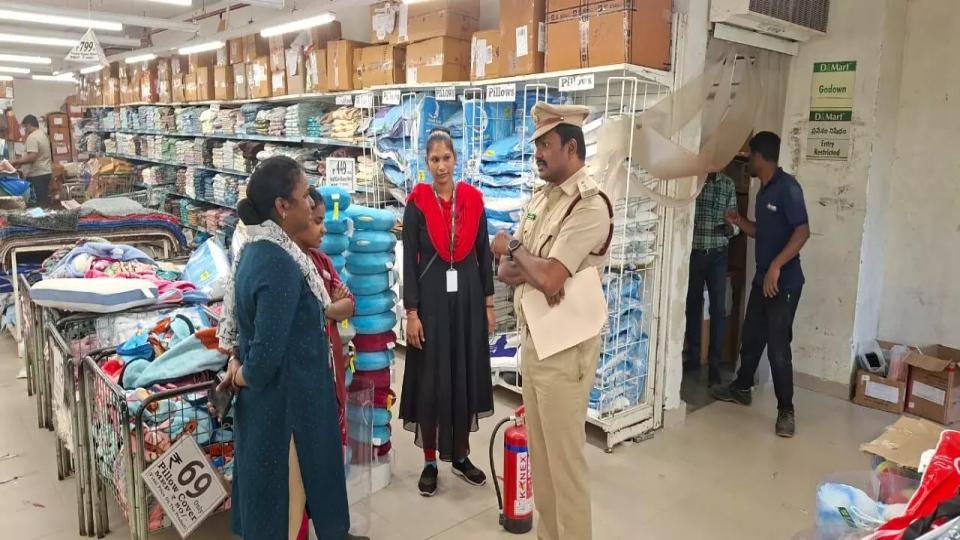
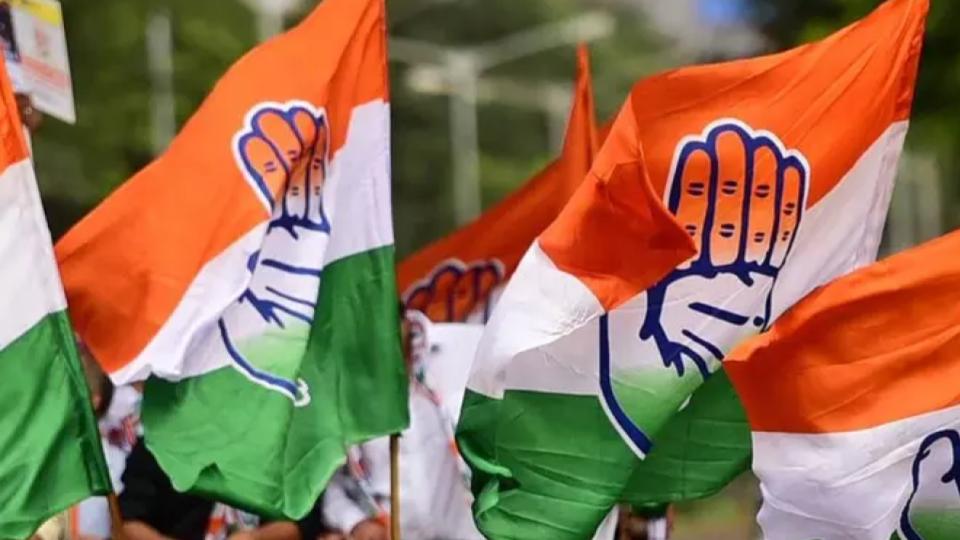

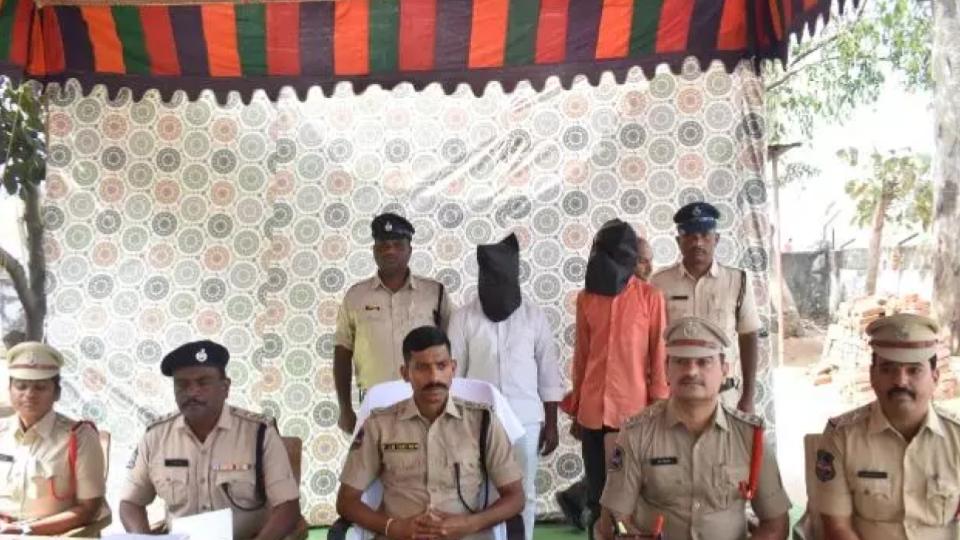

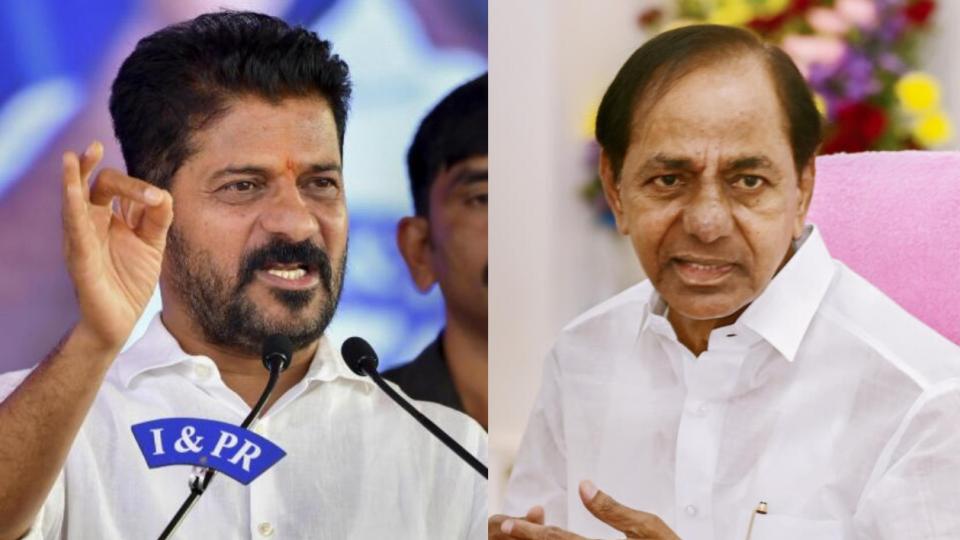
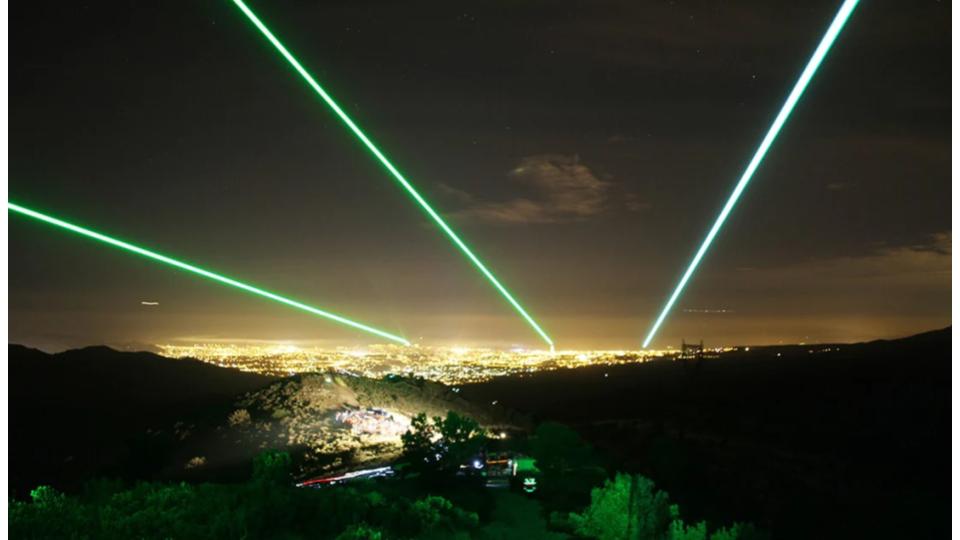
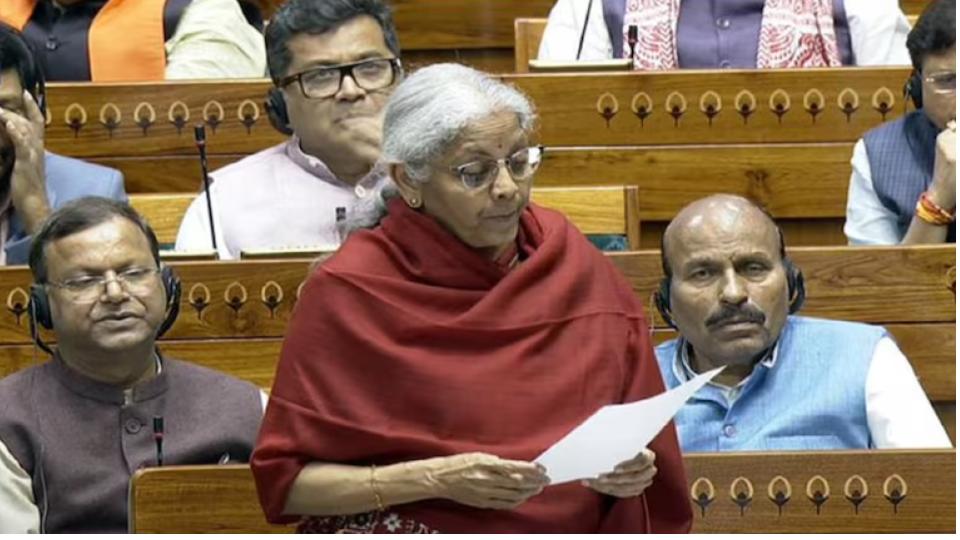

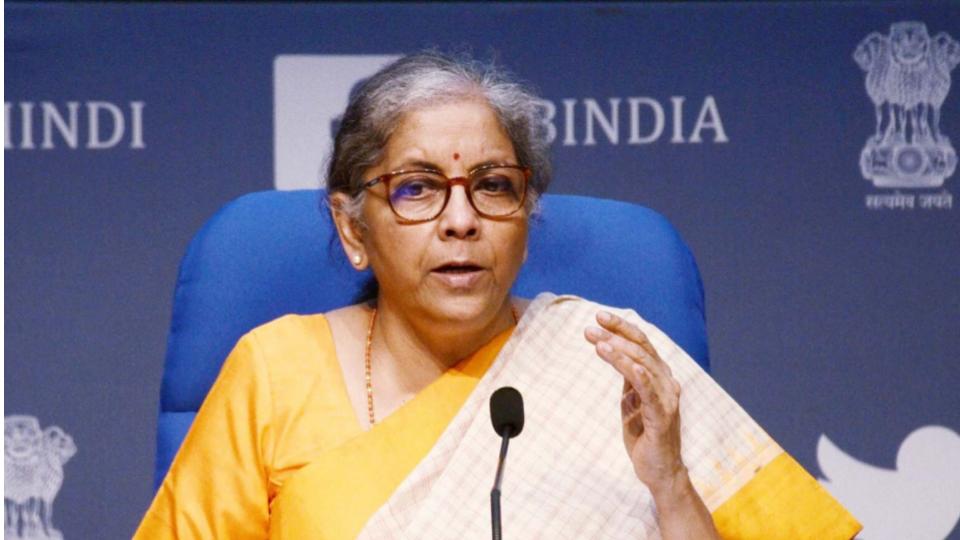

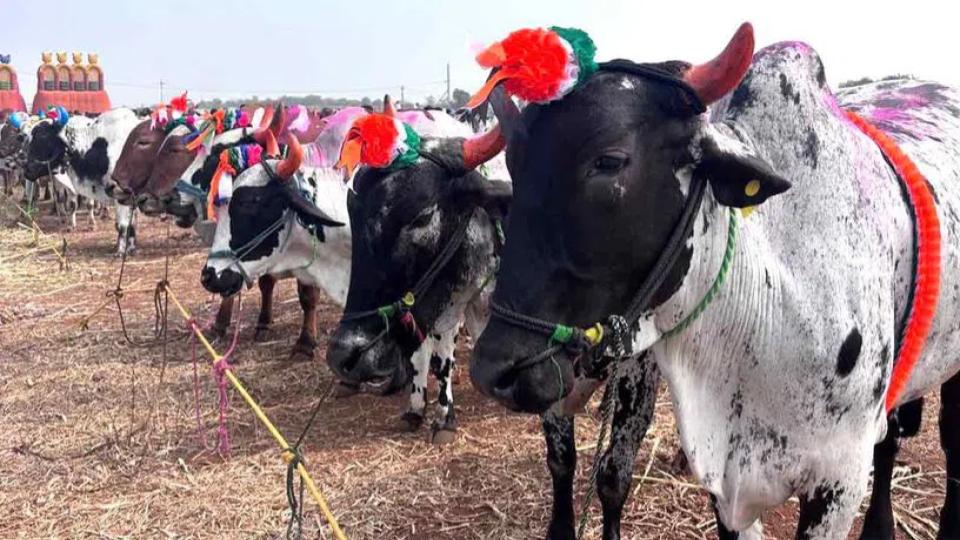












.jpg)
.jpg)
.jpg)


